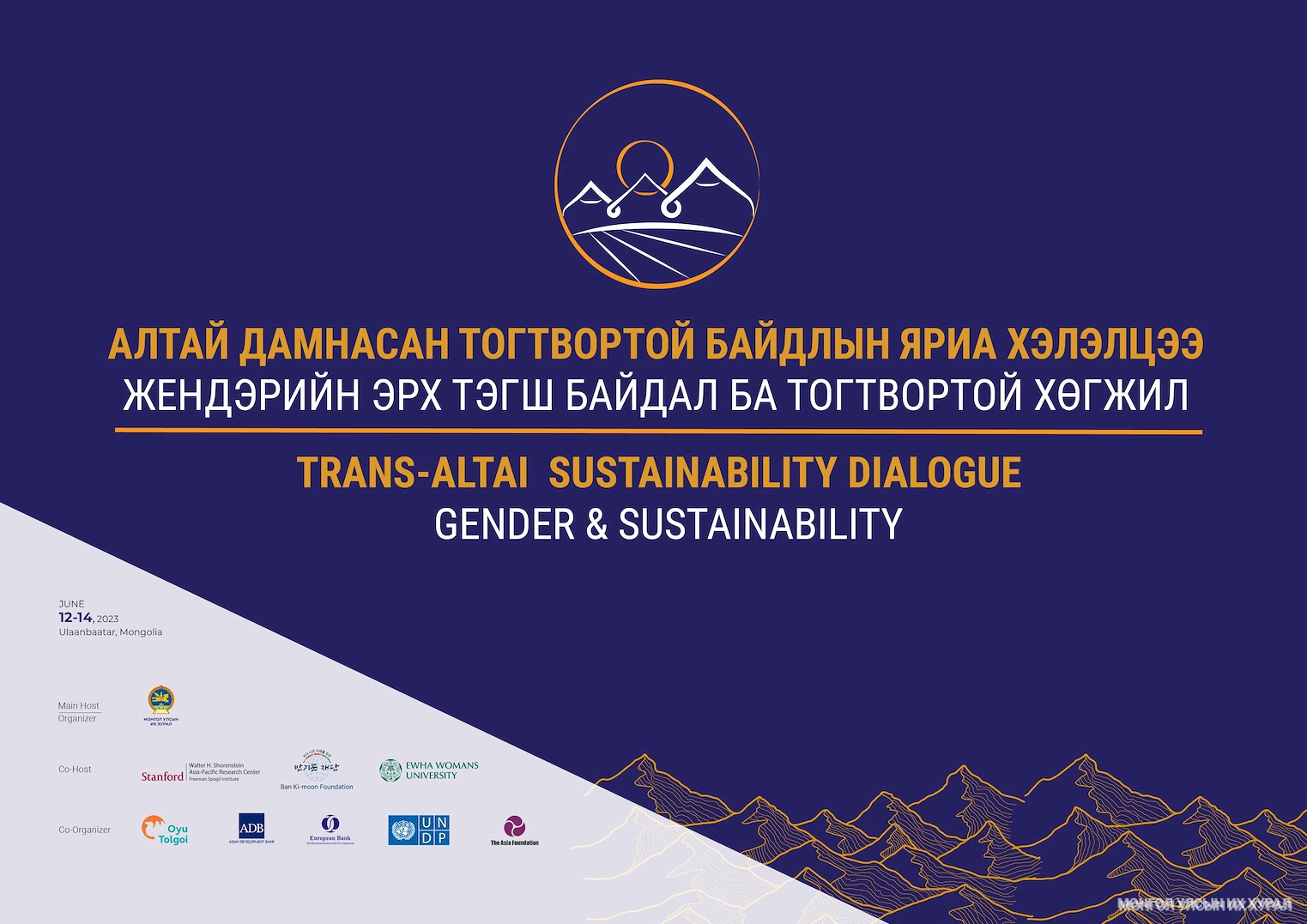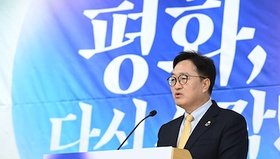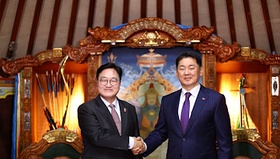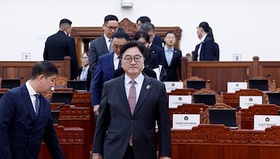In order to contribute to the implementation of the United Nations Sustainable Development Goals 2030 and to the acceleration of the process of achieving it, Stanford University in collaboration with Ban Ki-moon Foundation have annually organized Trans-Pacific Sustainability Dialogue in Asia.
At last year's conference held in South Korea, G.Zandanshatar, Chairman of the State Hural of Mongolia, H.Bulgantuya, Member of the State Great Hural and Chairman of the Sustainable Development Goals Subcommittee of the State Great Hural, participated as keynote speakers.
This year, the State Great Hural, Stanford University, the Ban Ki-moon Foundation, and South Korea's Ewha Women's University are jointly organizing the forum “Trans-Altai Sustainability Dialogue: Gender Equality and Sustainable Development” on June 13-14 in Ulaanbaatar.
The participants include Kim Yong-joo, Vice Chairman of the National Assembly of the Republic of Korea, Ban Ki-moon, Head of the Ban Ki-moon Foundation and 8th Secretary-General of the United Nations, and Ji Wook Shin, Director of the Center for Asia-Pacific Studies at Stanford University, US, as well as 52 distinguished guests from 10 countries.
Mongolia is co-organizing this forum to fulfill its obligations to the global community. Since 2016, Mongolia has included the goal of sustainable development in its policy documents, and has been following a comprehensive green development policy aimed at developing environmentally friendly production and services that provide human comfort and development opportunities.
Gender-based violence and discrimination still exist, despite gender equality being seen as a driving force for development progress in building a sustainable society and future. If countries seek sustainable development, they believe that progress should be made in women's leadership. Therefore, internationally renowned speakers will discuss the barriers to achieving gender equality in the higher education sector and at the state level, as well as policy solutions to accelerate the work of supporting girls and women.
During the forum, a parallel session will be held on the international trends of Altai studies, and the culture, history, traditions, sustainable cooperation and partnership of Trans-Altai countries will be discussed.

 Eng
Eng  Монгол
Монгол


